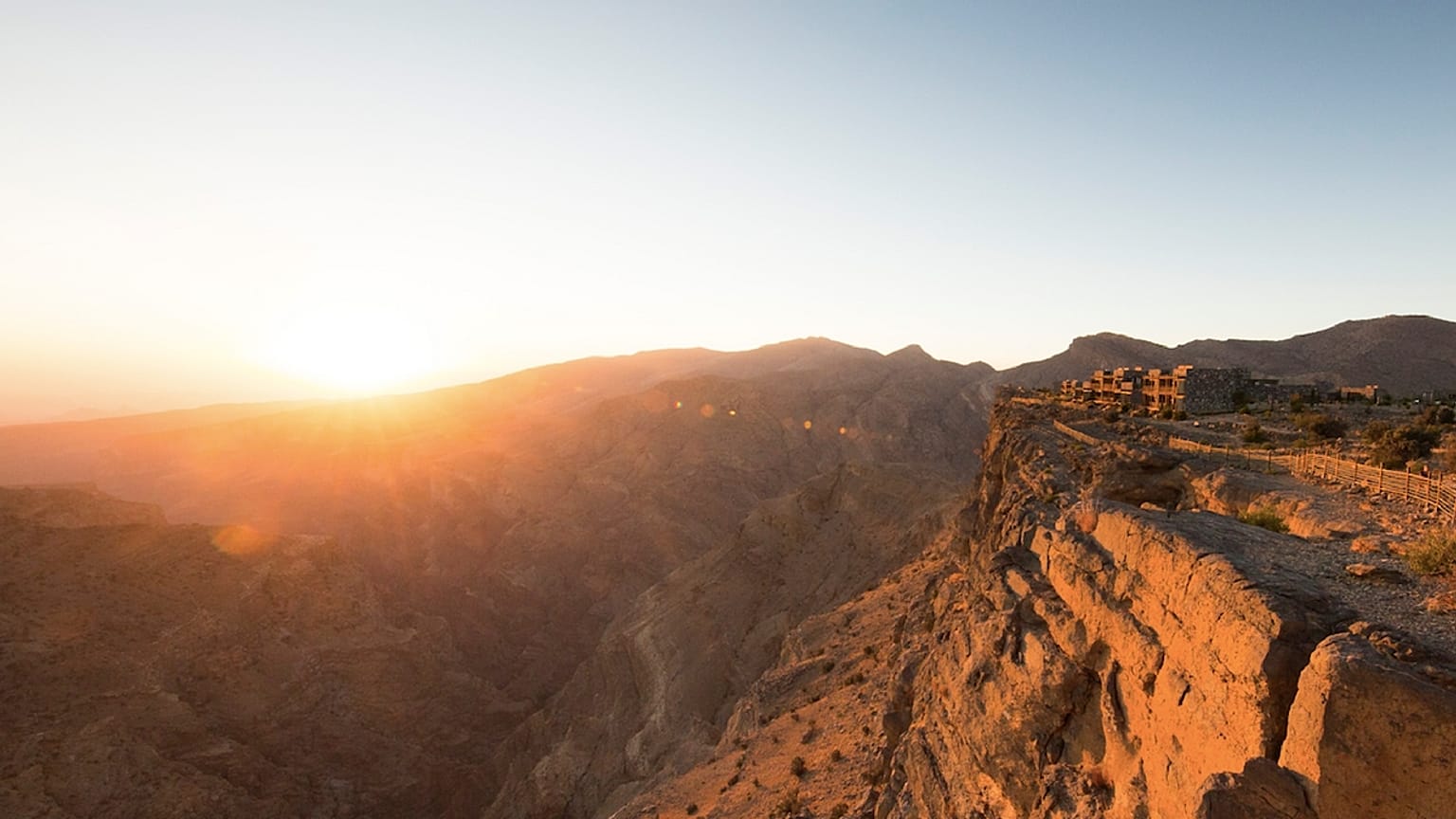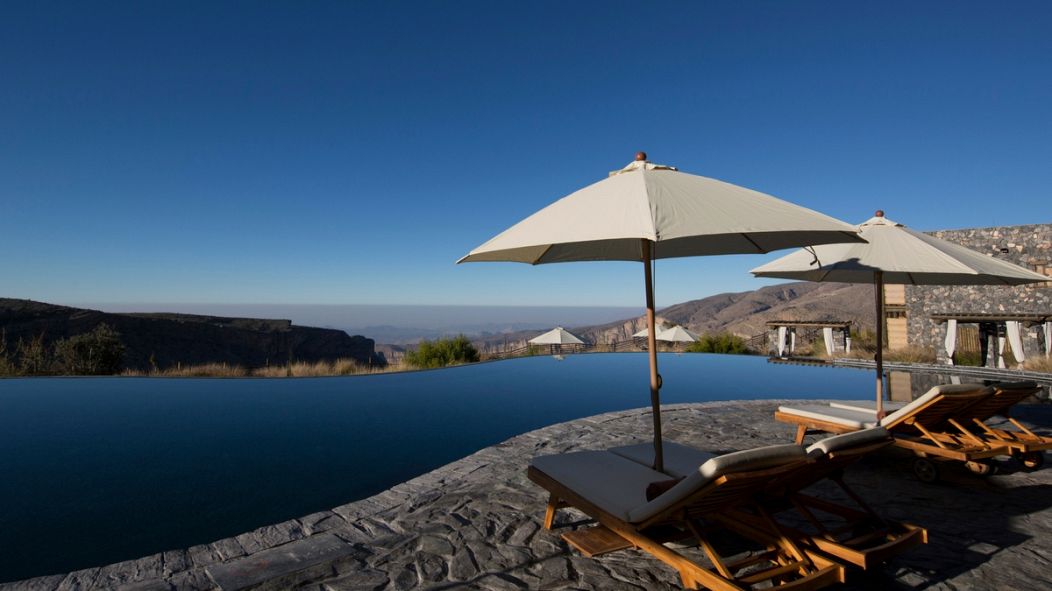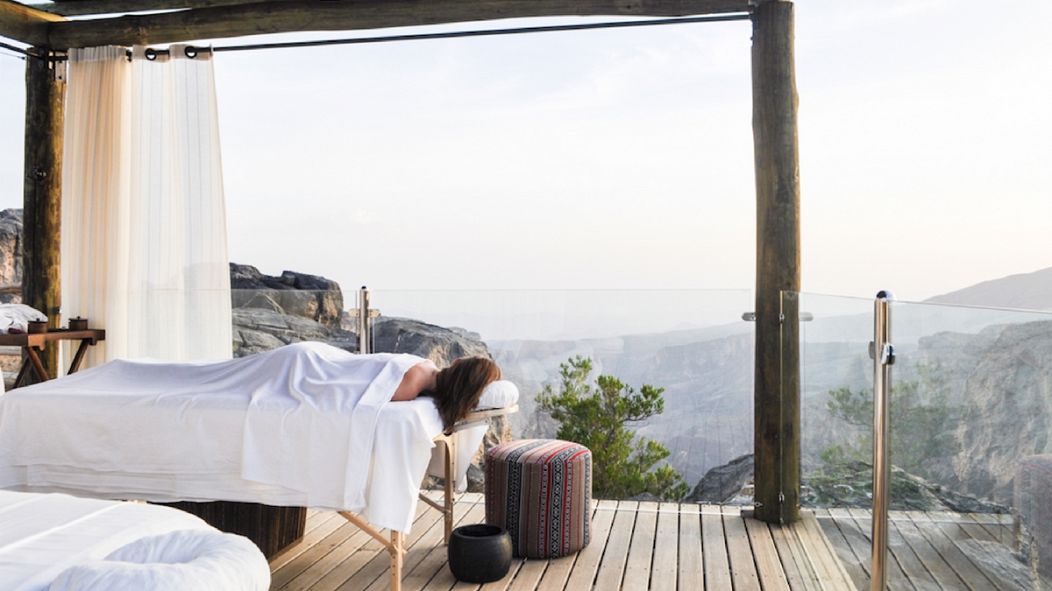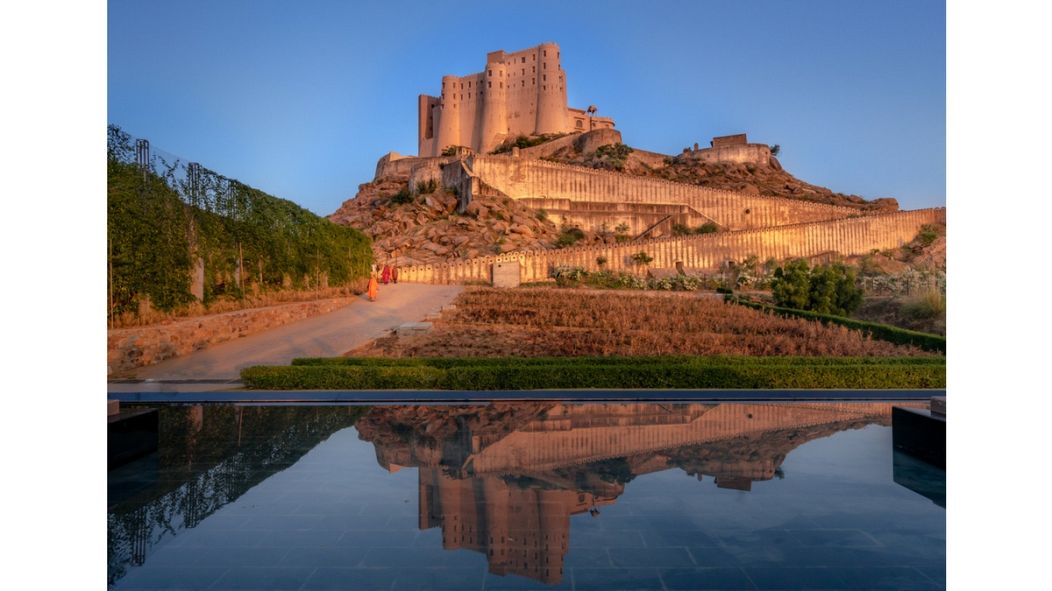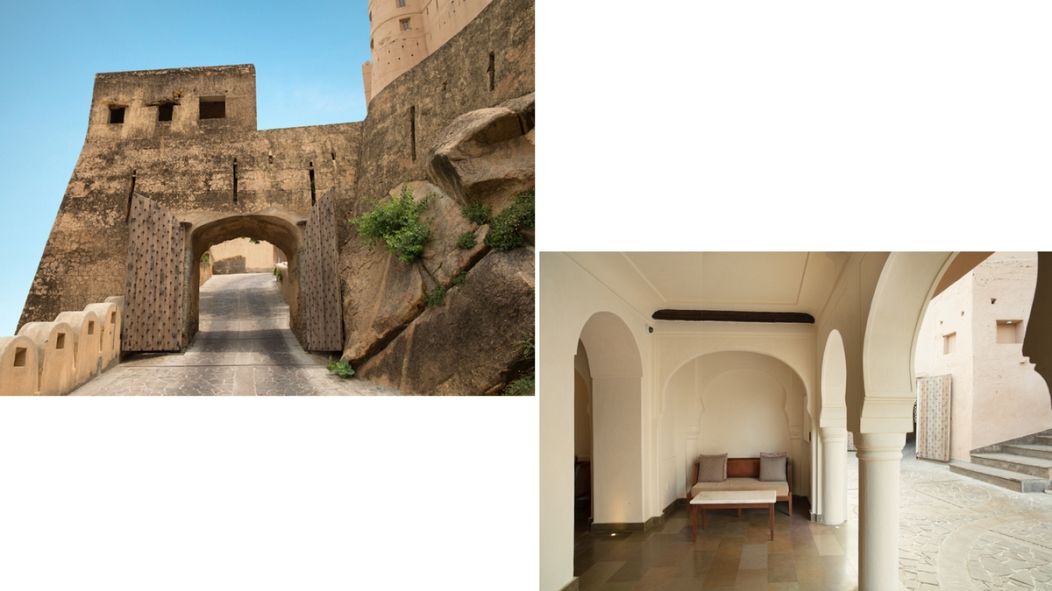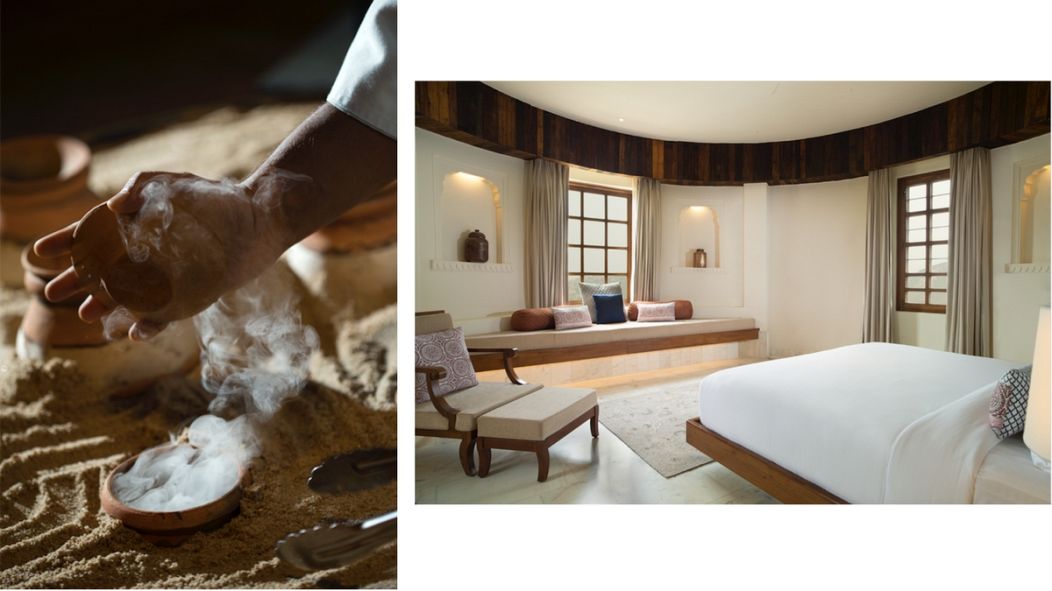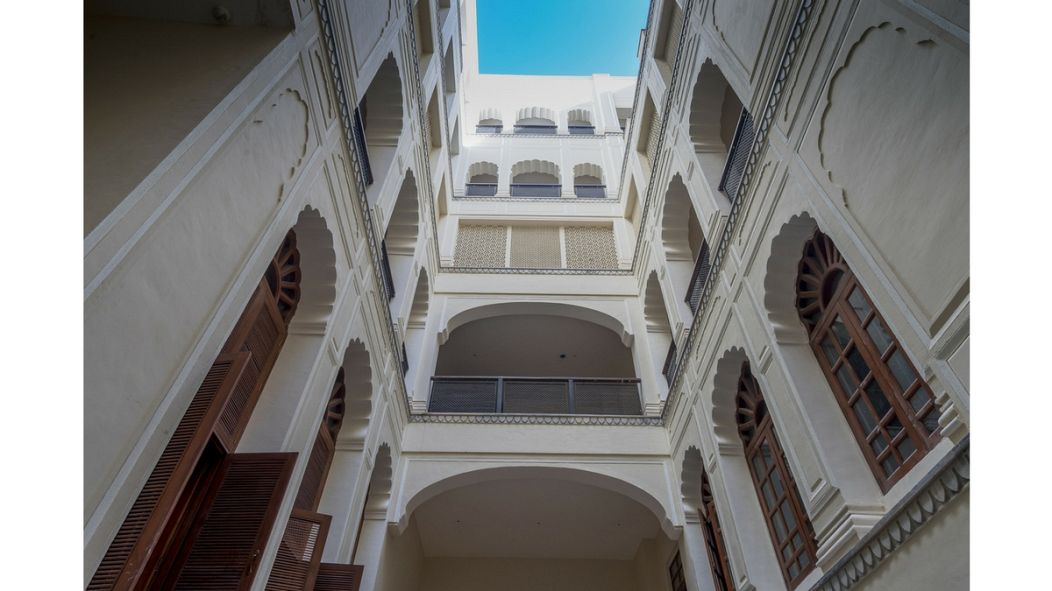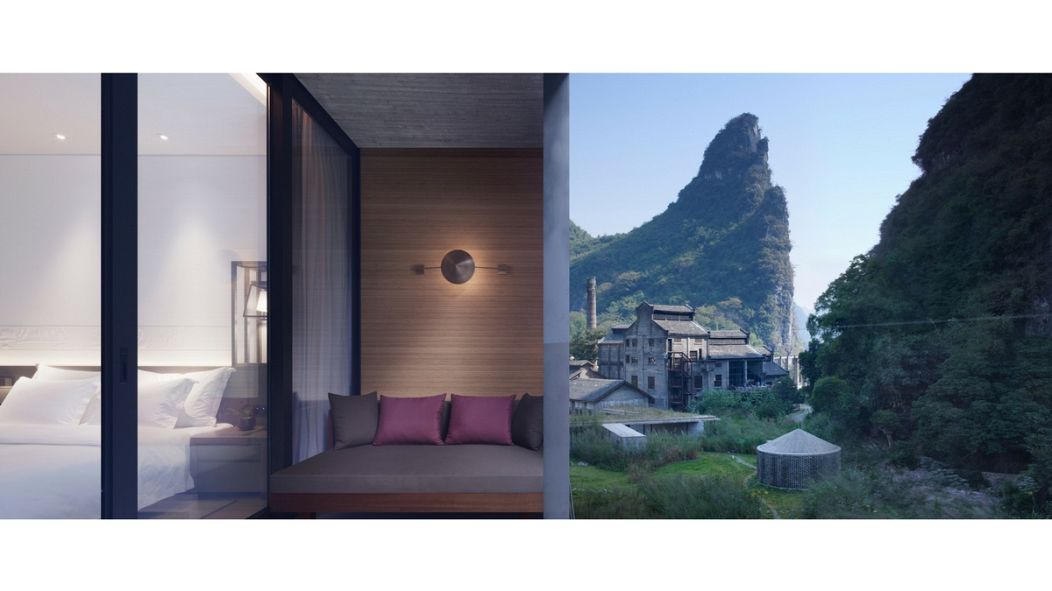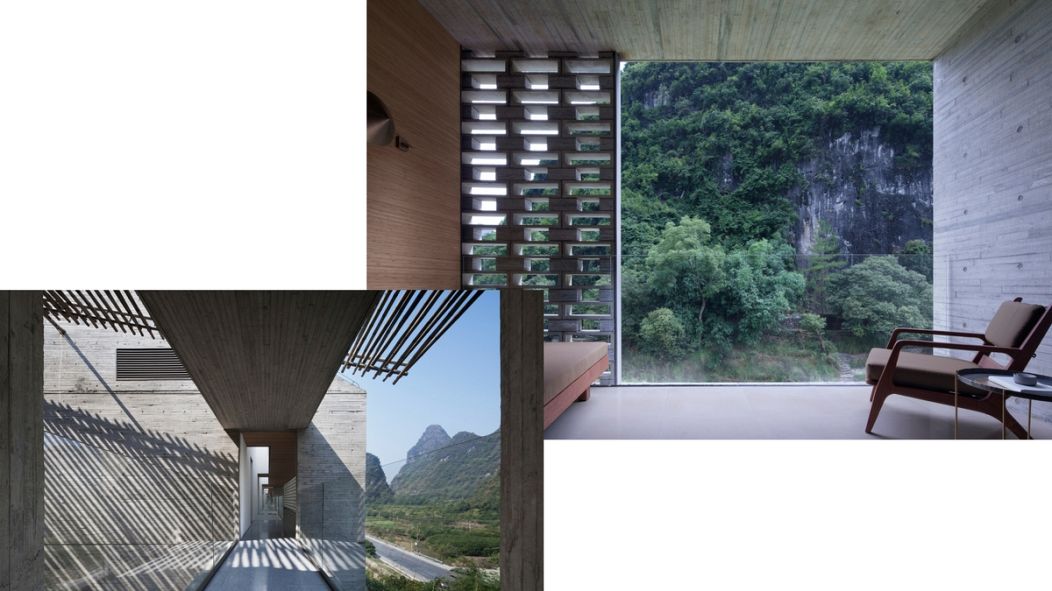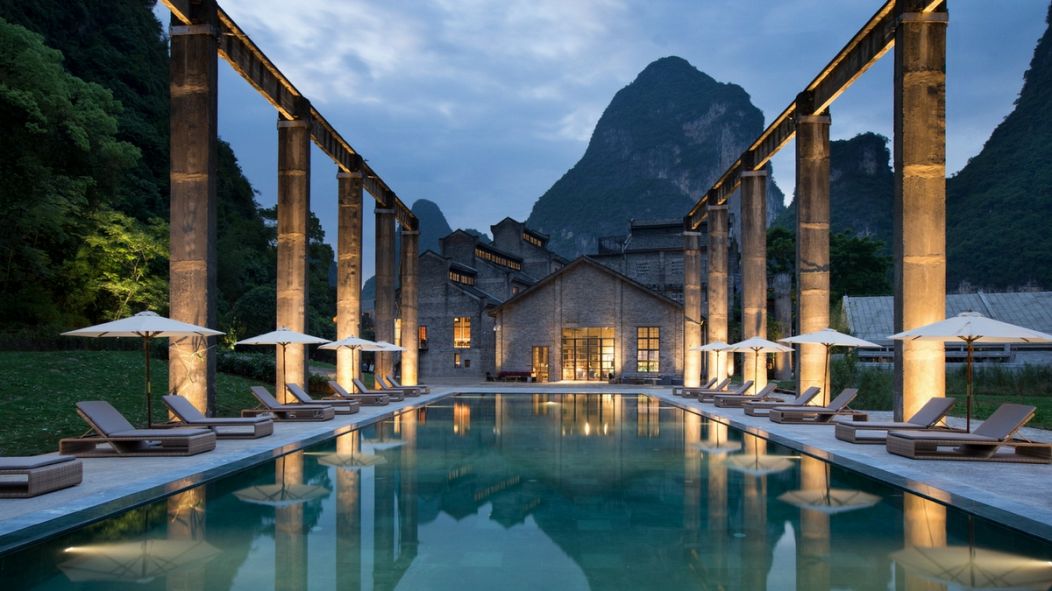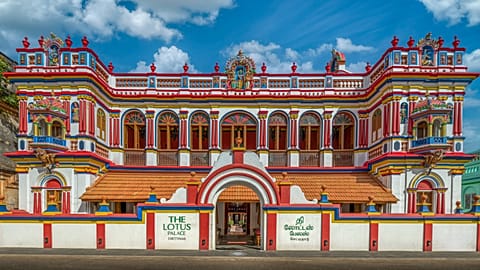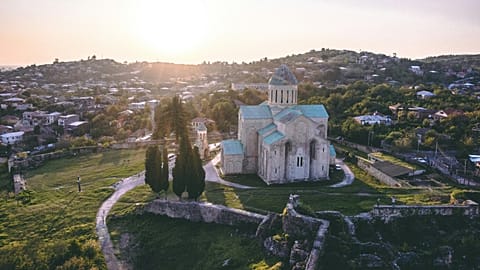Our exclusive interview with Frederic Simon of Alila Hotels
"We are an artisanal brand of very passionate hoteliers crafting overall travel experiences” describes Frederic Simon, CEO of Two Roads Hospitality Asia and the driving force behind luxury hotels Alila. A brand synonymous with sustainable design and boutique hotels set in unusual - and sometimes untouched - locations around the world.
“For us, it’s about being part of the destination. We want our guests to enjoy a very comfortable and personalized stay and give them the opportunity to get a real understanding of where they are staying, the people and the community surrounding them.” he explains.
A sustainable and eco-conscious luxury travel brand
Since 2001, Alila - which means ‘surprise’ in Sanskrit - has developed 15 properties and five new openings are currently in the pipeline (in Kuala Lumpur, Jakarta, Cambodia, China and Sri Lanka). Each location is studied thoroughly in order to allow the new construction to “blend in” and become “almost invisible”. Respecting the wind patterns, sun exposure, land elevation, existing fauna and flora, using local materials such as stones and woods, and being aware of habits, architecture and traditions of the region seem as important as finding the right architect and design ideas for the future hotel.
“Ultimately, this is what we think is the foundation of luxury today. It takes more effort and work from our part than taking a traditional hotel with a classic room layout and finishing and imposing it somewhere. The result are far more pleasing for the customers and more economical to develop, which makes our brand more sustainable in the long term“ explains Frederic Simon.
Crafting new tourist destinations around the world
In Oman, the only Alila hotel is set on top of Jabal Akhdar, a mountainous site 2000 metres above sea level and one of the country’s most spectacular areas - comparable to the Grand Canyon. Until twenty-five years ago, its access was forbidden to tourists and the building belonged to the Ministry of Tourism. “They contacted us because they wanted to develop a new tourist destination in the area and there was not much around in terms of hospitality.” recalls Frederic Simon.
The same goes for Fort Bishangarh in Rajasthan. “We started renovating the Fort, which was not a Palace in the sense that it wasn’t a very comfortable place. We turned it into a luxury hotel whilst keeping it true to its cultural heritage (a 230-year-old defensive fortress). That took seven years!” says Frederic Simon. “Again, we created a new destination within Rajasthan, which is an amazing place to discover culture in India.” he sums up.
Hospitality has a cultural and lifestyle experience
Prior their stay, guests of Alila hotels are sometimes contacted to give their preferences and allow the staff to tailor-make experiences for them. From the shape of the pillow to food options, and cultural or physical activities available, there is a bespoke dimension in their hospitality. “The Palace has become a commodity and people are generally more interested in really connect. In Asia, there is a sense of kindness and quietness, a deep sense of care and pride in working in the hospitality industry. It’s genuine.” explains Frederic Simon.
Yangshuo on the Li river is another example. Located in one of the most sought-after tourist spot in China, the hotel is an old sugar mill factory, which was partially renovated to allow guests to feel a sense of the original place. “We wanted this hotel to be an homage to China’s achievement and amazing progress over the last 30 years” he says.
“We worked with Dong Gong of Vector Architects and Ju Bin of Horizontal Space Design for the interior design, to blend the communist revolution aesthetics and what’s cool and contemporary in China today. It is resonating incredibly well with Chinese people and a really interesting cultural experience to stay there.” concludes Frederic Simon.
For more information visit www.alilahotels.com















